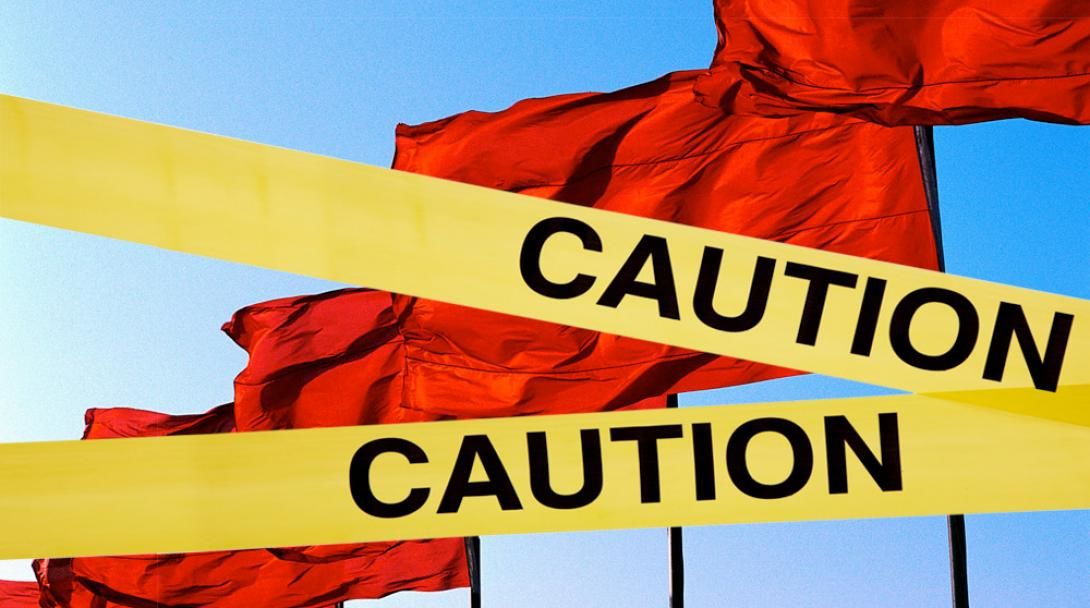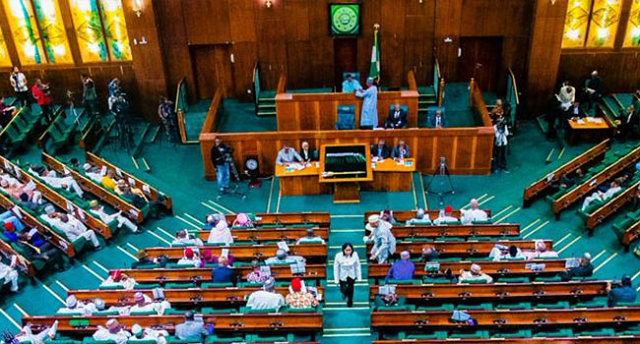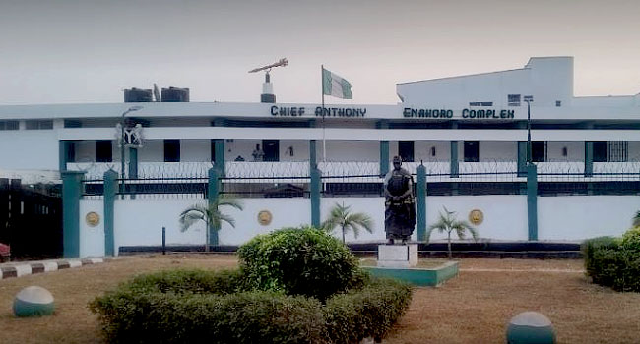It comes just a week after the term limits on the Chinese presidency were removed by the National People’s Congress as part of a power grab by Xi which effectively allows him govern for life if he chooses. He was confirmed for a second, five-year term in office on Saturday.
According to state media, under the new plan the number of ministerial-level bodies will be reduced by eight to make the government “better-structured (and) more efficient.”
However, Mitter said the entire Chinese power structure has effectively been reshaped around Xi’s priorities, including cracking down on corruption, shoring up the economy and environmental protection.
Here are five of the most significant changes and what they mean for China.
What does it mean?
In a December report examining the framework of the new commission, Amnesty International said it was concerned the body’s “far-reaching powers” could significantly infringe on Chinese citizens’ human rights.
In a December report examining the framework of the new commission, Amnesty International said it was concerned the body’s “far-reaching powers” could significantly infringe on Chinese citizens’ human rights.
It is expected to run parallel to China’s judiciary, effectively putting it alongside, if not above, courts and prosecutors.
A Brookings Institute analysis of the new laws said citizens accused of corruption would have “little or no legal recourse” to challenge the body.
Jiangnan Zhu, associate professor at the University of Hong Kong’s politics department, said the new commission would have agencies at national, provincial, prefectural and county levels, giving it countrywide reach.
“It will be the highest state organ of supervision … It will help solidify the Chinese Communist Party’s hold of the Chinese government and discipline a wider array of people who engage in public sectors,” she said.
“It will be the highest state organ of supervision … It will help solidify the Chinese Communist Party’s hold of the Chinese government and discipline a wider array of people who engage in public sectors,” she said.
China is creating an environmental protection super ministry to tackle the growing problem of pollution in its fast-growing economy, the government announced Tuesday.
Air pollution killed more than 1.1 million people in China in 2015, the most in the world, according to a study published by the US-based Health Effects Institute.
Replacing the Ministry for Environmental Protection, the Ministry of Ecological Environment will set China’s future environmental policies as well as ensuring they are properly enforced.
New evidence from a University of Chicago study found China was making progress in its “war on pollution,” improving air quality by as much as 42% in parts of the country.
What does it mean?
Pollution control was one of “three battles” identified by Xi in 2017 as a focus for his second term as China’s President, the other two being defusing financial risks and eradicating poverty.
Pollution control was one of “three battles” identified by Xi in 2017 as a focus for his second term as China’s President, the other two being defusing financial risks and eradicating poverty.
Ma Jun, one of China’s best known environmentalists, told CNN the new ministry would help to strengthen pollution controls and build a “beautiful China.”
“Taking water pollution as an example, the original duties of groundwater, watershed management and agricultural pollution control fall under various ministries and commissions … resulting in responsibility overlaps and buck-passing,” he said.
“After the integration of these responsibilities, the long-term situation of the ‘Nine dragons governing the water collectively’ will end,” he said, using a Chinese saying.
Source: CNN
















